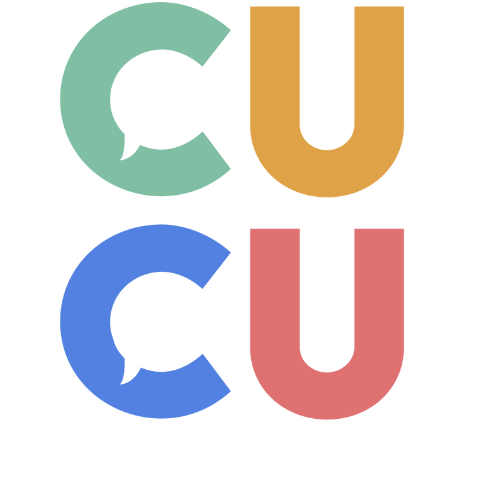The Day of the Holy Innocents: Learn Spanish Online with History and Humor

On December 28th, Spanish-speaking countries celebrate El Día de los Santos Inocentes—a day rich in tradition, history, and humor. This festive occasion offers a unique window into Spanish culture and an exciting way to enhance your Spanish learning experience. Whether you’re exploring native Spanish online tutoring, searching for Ab initio Spanish tutors, are a Spanish B student or looking to immerse yourself in language and traditions, this day provides the perfect backdrop for learning.
In this article, we’ll delve into the historical origins of this celebration, explore its modern-day customs, and explain how these traditions can elevate your learning journey with Spanish online classes.
Origins of the Day of the Holy Innocents
The Day of the Holy Innocents originates from a biblical story in the Gospel of Matthew. It recounts how King Herod, fearing the prophecy of a newborn king, ordered the death of all male children under the age of two in Bethlehem. Over centuries, this somber commemoration transformed into a day of jokes and playful pranks, known as inocentadas across the Spanish-speaking world.
Modern Traditions and Humor
Today, El Día de los Santos Inocentes is celebrated with a lighthearted spirit, focusing on laughter and fun. Some common traditions include:
- Pranks and Jokes: Friends and families pull harmless pranks, like switching sugar for salt or sharing fake stories. These moments are often capped with the phrase, “¡Inocente palomita que te dejaste engañar!” (“Innocent little dove, you got fooled!”).
- Fake News: Media outlets in countries like Spain publish humorous, fabricated stories to join in the fun.
- Festive Events: Cities like Venezuela’s “Locos y Locainas” hold parades with music, dancing, and costumes.
- Traditional Sayings: Phrases like “Hoy es día de los inocentes; no te creas nada y no prestes nada” (“Today is Innocents’ Day; don’t believe anything and don’t lend anything”) embody the playful essence of the day.
Learn Spanish Online Through Cultural Immersion
At Cucu Spanish Language Online School, we believe traditions like El Día de los Santos Inocentes provide a meaningful way to learn Spanish. They connect language with culture, making learning both fun and authentic. Here’s how our online Spanish courses can help:
- Expand Vocabulary: Words like inocentada, engaño, and broma are learned in context, making them easier to remember.
- Enhance Listening and Reading Skills: Discover traditions through Spanish texts and audio for a richer understanding.
- Engage in Real Conversations: Share jokes, stories, or pranks in Spanish with classmates or tutors during personalized Spanish lessons for beginners.
Tailored Spanish Online Classes for Every Level
Our school offers native Spanish online tutoring and courses designed to meet every learner’s needs:
- Beginner Spanish Courses: Step-by-step programs for mastering the basics with engaging lessons.
- Interactive Learning: Practice conversations, games, and dynamic activities to deepen understanding.
- Advanced Spanish Classes: Focused lessons to refine grammar and vocabulary.
- Personalized Spanish Lessons for Beginners: Custom-tailored plans to accelerate your progress.
- Spanish B Tutors: Specialized tutors for Spanish B students in the IBDP program.
- Ab Initio Spanish Tutors: Support for those just starting their Spanish learning journey.
Start Your Spanish Adventure Today
The Day of the Holy Innocents is more than just a humorous celebration. It’s a gateway to understanding the values and traditions of Spanish-speaking cultures. By learning about such customs, you’ll gain a deeper connection to the language itself.
At Cucu Spanish Language Online School, we make it easy to combine cultural exploration with skill-building. Whether you’re interested in Spanish online classes or personalized lessons for beginners, our programs are designed to help you succeed.
Start your linguistic journey today and discover the joys of learning Spanish! Share your favorite inocentadas with us on Instagram and join a vibrant community of learners. Whether you’re looking for Ab initio Spanish tutors, advanced Spanish B lessons, or specialized support for Spanish B students, we have you covered!

